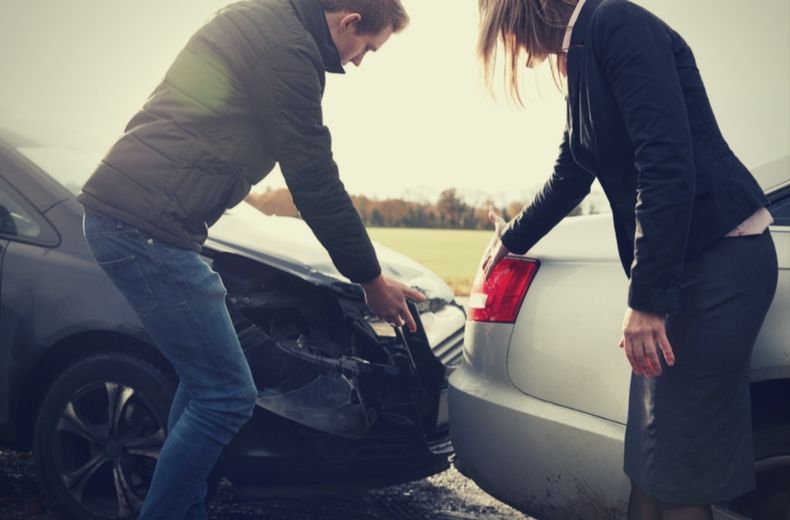Admitting Liability In a Personal Injury Case
Admitting liability is also known as clear liability. When an insurance company admits liability, it does not automatically mean you have a great case. There’s a chance the insurance company could admit liability and you could still have a very difficult time proving that your injuries were caused by the accident. Admitting liability generally means that there will be bodily injury insurance coverage in your accident. However, that’s not always the case.

Admitting Liability Does Not Mean You Have a Good Case
Let’s assume you’re rear-ended by someone insured by Geico Insurance Company. However, you wait days after the accident to see a doctor. Now because you’re rear-ended, Geico says that they’re accepting liability for your accident, which is very good. Just because Geico says that they’re accepting liability, they’re still going to discount the value of your case in most cases for the fact that you waited days to see a doctor. They’re going to argue, most likely, that your injuries were not caused by the car crash.
Whereas if you would’ve been treated the day of the accident or the following day, they may fight you on this issue a lot less. If an insurance company admits liability in your case, there’s generally a lot less likely that you’re going to need to sue them, which is very good. It saves you time, stress, and money.
Suing Someone
When you sue someone who has insurance, even if the insurance adjuster believes that their insured is at fault, they generally deny liability, at least at the beginning of the lawsuit, and as things progress, they may admit liability. The effect on this is if they wait a certain amount of time to admit liability, your personal injury lawyer Brandon FL can generally charge a percentage of the total gross recovery.

Situation Where Insurer Admits Liability
The most common situations where you’re going to hear that the insurance adjuster admits liability is if you are rear-ended, if you’re hit by a drunk driver or if the driver that caused your accident was cited for reckless driving. Reckless driving implies that the careless driver was driving recklessly and it was intentional.
Even if the insurance company admits liability, you should always expect that the settlement release you are going to be required to sign at the end of the case will say that liability is denied. There is not a big issue with that at all; you will still need an attorney to argue your case.

